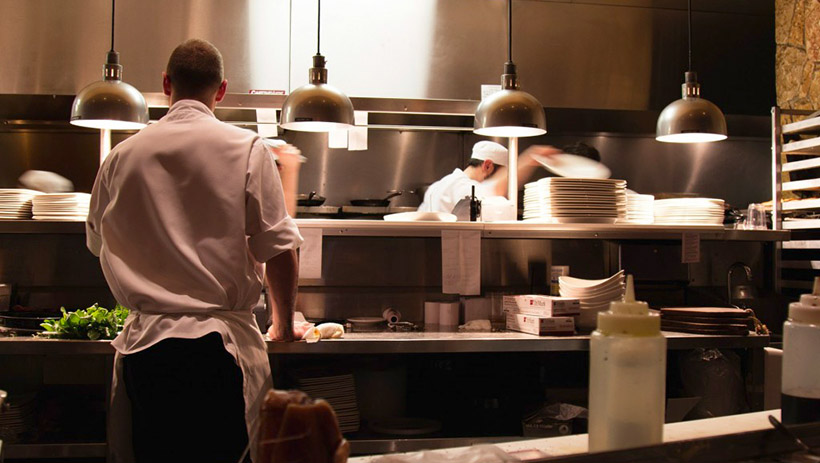Publisher's note: This post appears here courtesy of the Carolina Journal, and written by Brooke Conrad.

The general counsel of the NC Chamber offered an ominous prediction this week.
More than half of the state's small businesses will close by mid-April if Gov. Roy Cooper's stay-at-home order remains, Ray Starling told the House Select Committee on COVID-19 Economic Support Working Group.
Cooper issued an executive order March 17 ending seated dining at restaurants and private clubs. He later added a stay-at-home order affecting all other "non-essential" private businesses. It runs through April 29.
Roughly 25% of small businesses have closed already, Starling said in testimony Tuesday, April 7. Among those that haven't closed, 40% will close in two weeks if restrictions aren't lifted, he said.
Other businesses will suffer as hours dwindle.
Gregg Thompson, state director of the National Federation of Independent Business - with 7,000 members in North Carolina - said the pandemic has hurt 92% of small-business owners.
"I think the daunting, real question here ... is, When do these losses become unrecoverable?" Starling asked.
"At what point do small businesses say, 'I'm going to shut down and give away the key'?"
An NFIB survey of independent business owners indicates the largest decline in its small business optimism index since 1973, the first year for the survey, Thompson said.
"Nine of the 10 Index components declined, which is evidence that economic disruptions are escalating on Main Street as small businesses struggle to keep their doors open," the organization notes on its
website.
The restrictions result in a market "double whammy" of low demand and low consumer confidence, Starling said. Consumer spending typically constitutes 70% of the U.S. GDP.
A significant portion of that spending flowed to restaurants until last month, when the state closed all restaurant dining options except for takeout, pickup, and delivery. Until then, restaurants received 50% of the American food dollar; that's money now spent either in grocery stores or not at all, Starling said.
The state's restrictions burden businesses that use global or complex supply chains, including those relying on Chinese manufacturing, Starling said. Businesses depending on air cargo transport also feel the pinch, as a significant amount of air transport occurs on passenger planes, only a third of which now operate.
Large suppliers typically fare better with supply chain disruptions than smaller ones, Starling said. Small manufacturers usually rely on a single supply source, but larger producers can spread demand.
A number of businesses depended on relatively cheap credit over the past decade. But credit rates are changing, and businesses and individual borrowers are heading for a crunch, Starling said. Private lenders hesitate extending credit terms to businesses with reduced operations.
Access to personal protective equipment also worries employers, Starling told the committee. One business donated 5,000 masks to a local health care community a couple weeks ago, only to discover it could provide no masks for its own employees when state health officials began encouraging people to wear them.
The legal community is considering protections for companies trying to comply with state orders, Starling said, including those facing allegations of false marketing about their products fighting disease, he noted. Another consideration would be protective measures for businesses that have started manufacturing personal protective equipment themselves.
Further, he said, labeling a manufacturer essential in one part of the state but non-essential in another part creates an unfair playing field, and business owners need more information about the state's plans to re-open the economy.
"The notion that, 'I will know it when I see it' really doesn't give me as a business owner the confidence I need to go back out and put those employees back on the payroll," he said.

